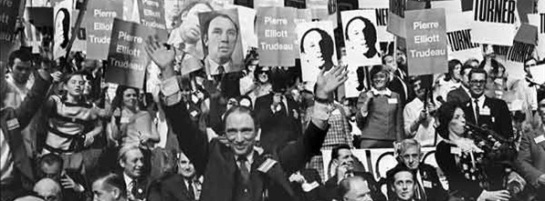The 1837 Society would be nothing without the hard work of its contributors. Hailing from around the world, ascribing to assorted political persuasions, and specialising in an even wider range of disciplines, the diversity of our team is reflected in the varied content that is published. The Society is multi-partisan. It encourages dialogue on Canadian political affairs and effective representative democracy. We are always looking for contributors to our blog and we accept unsolicited essays and articles. Get in touch with us over Facebook or send us an e-mail , corpus.reipublicae@gmail.com
Get all of the updates and happenings with The 1837 Society and participate in our discussions on Canada’s democracy. Sign up for The 1837 Newsletter!
Or like us on Facebook and follow us on Twitter!
http://www.facebook.com/1837Society
https://twitter.com/1837society @1837society





